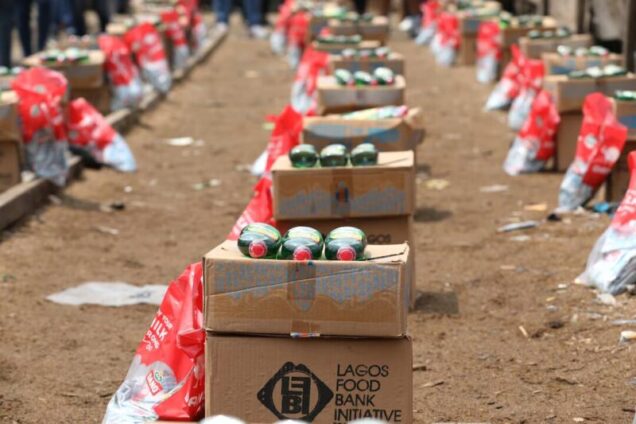Nigeria faces one of its worst hunger crises with more than 30 million people expected to be food insecure next year, a one-third jump from this year due to economic hardship, a joint report by the government and United Nations said on Friday.
Nigeria, Africa's most populous nation, is grappling with a cost of living crisis that led to deadly protests in August.
Economic hardship has worsened after President Bola Tinubu started austerity reforms, including devaluing the naira and ending a decades-old petrol subsidy, fuelling inflation.
The analysis conducted twice a year in 26 states and the federal capital, projected that 33.1 million people would be food insecure by August next year. That compares with 24.8 million by the end of this year.
"Several factors are driving this trend, but most prominently are economic hardship coupled with record high inflation, a record rise in food prices and record high transportation costs," a statement accompanying the report said.
Chi Lael, World Food Programme spokesperson in Nigeria told Reuters that "economic decisions to strengthen the country in the long term, in the short term have felt like a direct attack on people's wallets, hitting hardest every time they try to buy food."
Finance Minister Wale Edun said on Thursday 5 million households had so far received cash handouts of 25,000 naira ($15.45), as part of the government's programme to help the most vulnerable families.
High food prices have contributed the most to inflation, which advanced to 32.70% in annual terms in September from 32.15% in August.
Flooding and insecurity in northern states continued to hit agriculture, further driving up food prices beyond the reach of many families.
Last month's floods destroyed an estimated 1.6 million hectares of crops, mainly in the northern food basket states, potentially causing production losses of a combined 1.1 million tonnes for maize, sorghum and rice, the joint statement said.
That is enough to meet the daily food needs of about 13 million people for a year.
In financial terms, the potential cereal crop losses amount to almost $1 billion in economic losses, the statement added.
Latest Stories
-
Blake Lively’s claims put spotlight on ‘hostile’ Hollywood tactics
28 minutes -
Church of England must repent, leading cleric says at Christmas
35 minutes -
DJ Stiga wins Hitz FM’s 2024 Hottest DJ contest
38 minutes -
‘Yes, I voted for myself!’ – Cheddar addresses election rumors, calls for electoral reforms
2 hours -
Akufo-Addo approves visa-free entry to Ghana for all African nationals
2 hours -
Let us reflect, refocus and rebuild our party – Kwaku Appiah urges NPP members
2 hours -
24-year-old unemployed remanded for unlawful entry, stealing
2 hours -
I will deliver on my promises - Ashaiman MP
2 hours -
IPR Ghana congratulates President-elect Mahama
2 hours -
BoG Governor warns of cyber threats, urges investment in security
2 hours -
Ensure safety on roads this festive season – Drivers, road users urged
2 hours -
Those calling for our removal don’t understand our responsibilities – Bossman Asare
2 hours -
Use ex-gratia funds to resource education – CAPCOE to Mahama
2 hours -
NDC candidate calls for judicial independence amid election disruptions
2 hours -
Fire destroys 5 containers at Saglemi Affordable Housing Project site
2 hours

